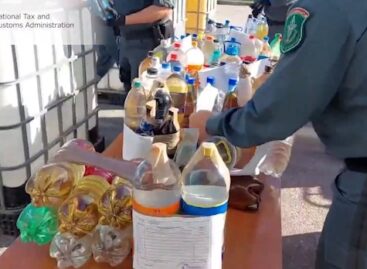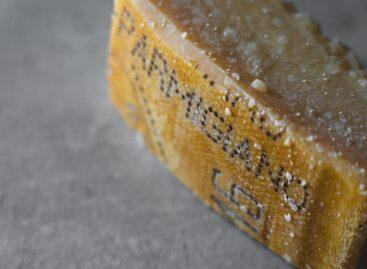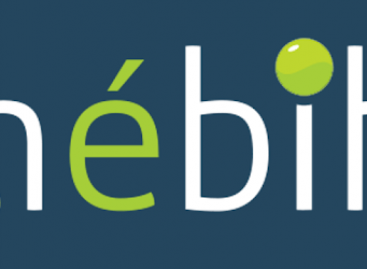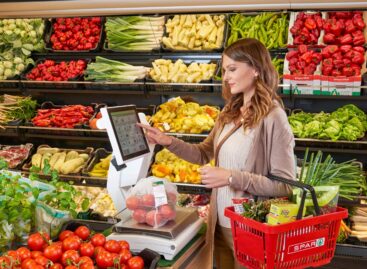Counterfeit food and beverages cause billions in damage in Hungary every year
In Hungary alone, food and drink counterfeiting causes nearly 16 billion forints in lost revenue and more than 270 job losses each year, while at EU level, the phenomenon costs the economy 2,289 million euros per year and nearly 5,700 jobs are lost as a result. Although counterfeit products are often associated with luxury goods or the fashion industry, in 2020 food – especially cakes, pastries, crisps and sweets – was the second most frequently seized product category at the EU’s external borders. The European Union Intellectual Property Office (EUIPO)’s “What’s on Your Table?” campaign draws attention to the dangers of counterfeit food and drink, which pose a significant risk to consumer health and damage Europe’s economy and culinary heritage.

Europol’s 2025 Serious and Organised Crime Threat Assessment (SOCTA) shows that the growth of e-commerce has opened up new opportunities for the distribution of counterfeit food, making it increasingly difficult for consumers to identify genuine products. Criminals are manipulating food labels, packaging and manufacturing processes. Local law enforcement operations have also highlighted the scale of the problem.
Geographical indications (GIs) used for everything from wines to traditional foods help consumers choose reliable, quality products and help producers market their products more effectively based on their origin. These designations protect the names of products that come from specific regions and owe their quality or characteristics primarily to the geographical environment. In Hungary, this includes Tokaj wine, Kalocsa paprika and Gyula sausage. These certificates preserve Europe’s rich culinary heritage and provide consumers with a guarantee of authenticity and quality. More than 3,600 products in the European Union currently have a geographical indication. Wine accounts for 54% of the total consumption of EU GI products, making it particularly vulnerable to counterfeiting. Other products heavily affected by counterfeiting include olive oil, beer, meat, cheese and dairy products.
The EUIPO campaign provides consumers with practical advice on how to protect themselves from counterfeit products. It is strongly recommended to buy from official retailers and distributors, as well as from the brands’ own official websites. Checking the product label and origin, and looking for certification marks (such as High Quality Food) can also help to verify the authenticity of a product. It is also important to carefully inspect the packaging and the product itself, as counterfeits often contain design or spelling errors. Authentication tools such as QR codes and holograms can be of further assistance.
Related news
Fake „Made in Italy” is worth 120 billion euros
🎧 Hallgasd a cikket: Lejátszás Szünet Folytatás Leállítás Nyelv: Auto…
Read more >Nébih struck on counterfeit food
🎧 Hallgasd a cikket: Lejátszás Szünet Folytatás Leállítás Nyelv: Auto…
Read more >Related news
MBH Analysis Center: The Hungarian economy may accelerate again in 2026, but the Iranian war carries serious risks
🎧 Hallgasd a cikket: Lejátszás Szünet Folytatás Leállítás Nyelv: Auto…
Read more >SPAR is preparing for an Easter rush: it is filling its stores with 570 tons of smoked meat products
🎧 Hallgasd a cikket: Lejátszás Szünet Folytatás Leállítás Nyelv: Auto…
Read more >Focus on the domestic fishing sector at SIRHA Budapest
🎧 Hallgasd a cikket: Lejátszás Szünet Folytatás Leállítás Nyelv: Auto…
Read more >









